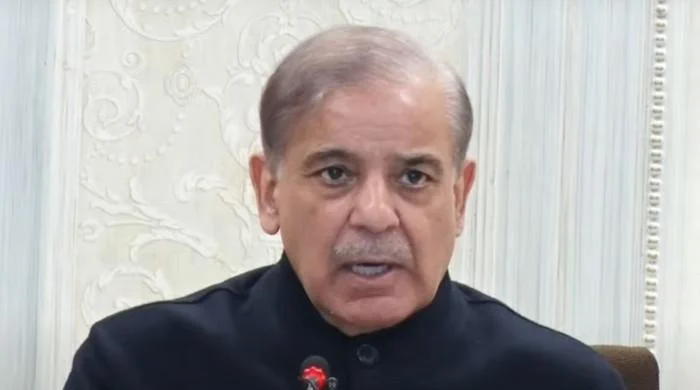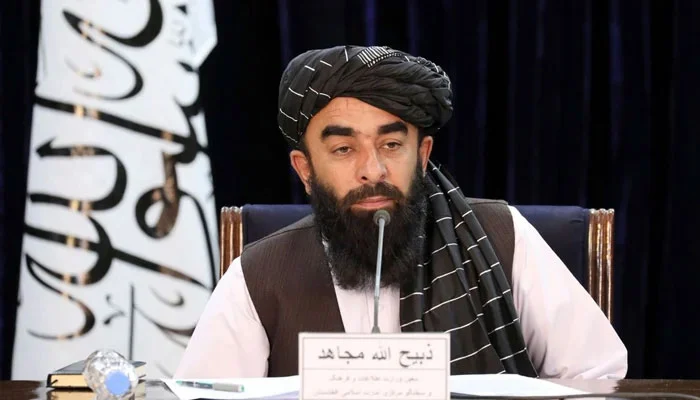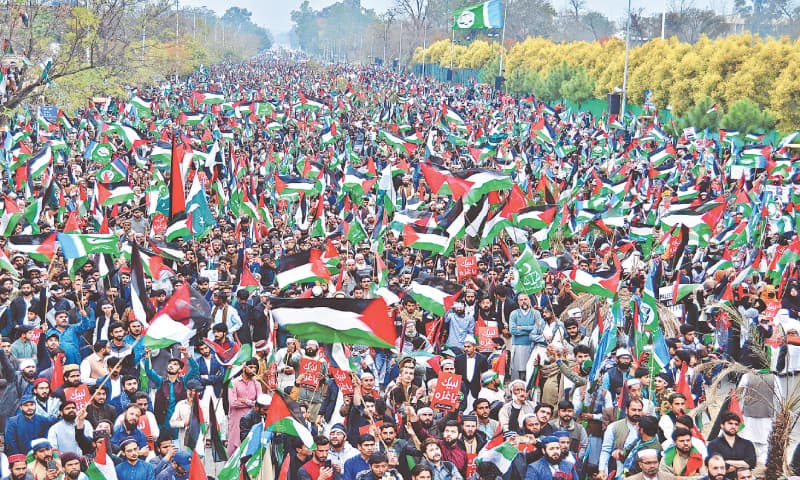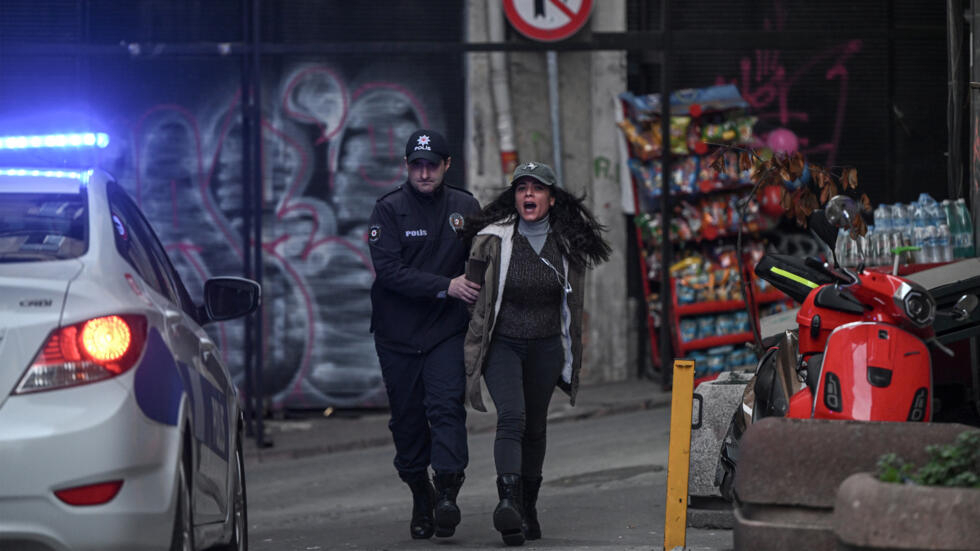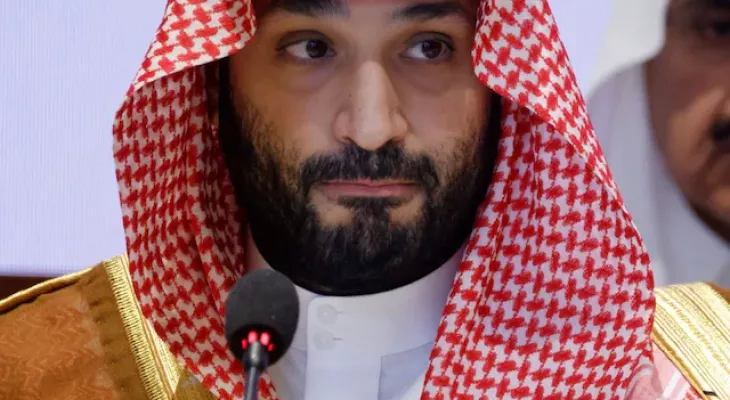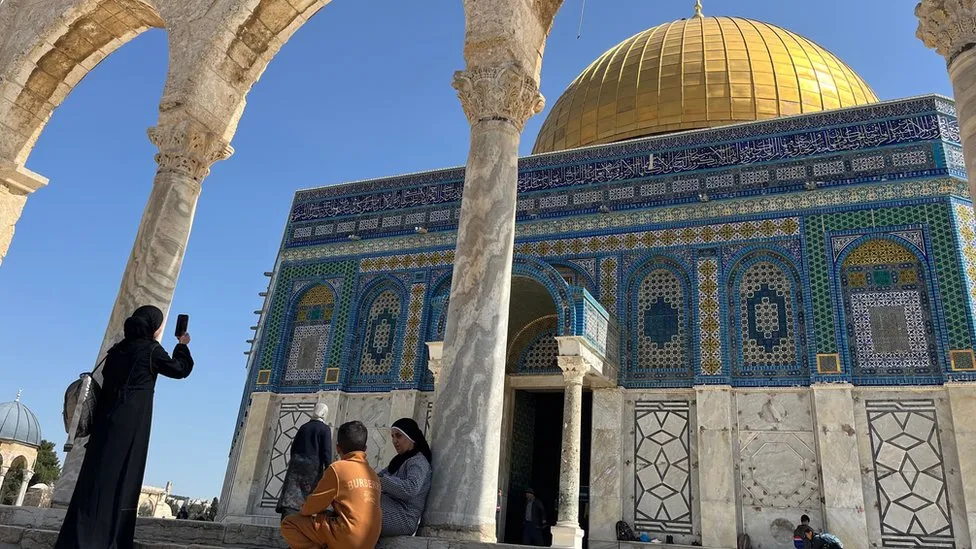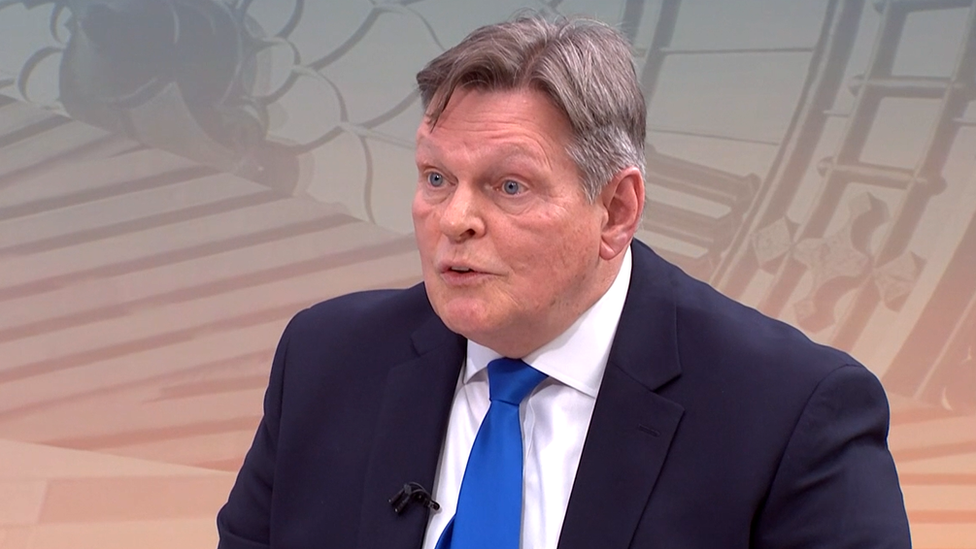Prime Minister Shehbaz Sharif has resolved to rid the country of foreign debts and steer the country of crises amid enormous economic challenges including mounting circular debt and inflation facing the country.
“We will get rid of IMF [International Monetary Fund] InshaAllah,” the premier said while addressing the maiden meeting of the newly formed 16-member federal cabinet on Monday.
PM Shehbaz’s statement comes as the IMF is expected to dispatch its mission to Pakistan to hold talks on the second review of $3 billion Stand-by Arrangement (SBA) programme.
In this regard, a formal invitation will be sent to the Washington-based lender soon after the formation and oath-taking of the federal cabinet and the talks are expected to begin this week, according to The News.
During the negotiations, Pakistan would also simultaneously request a fresh deal under 36-month Extended Fund Facility (EFF).
“The size of the next EFF programme has not yet been discussed and finalised but Islamabad will look into the possibility of augmenting EFF with climate finance to maximise the size of the programme from $6 billion to $8 billion,” sources told the publication.
In today’s address, referring to the challenge of rising foreign debt, PM Shehbaz said he has asked ambassadors of foreign states that he would “now not seek loans but investments” from friendly countries.
“We have to fight against poverty instead of quarrelling within,” he said.
The premier also called for ending subsidies for elites, saying there is no justification for such grants while “poor is crushed under inflation”. “The sooner we eliminate it the better it would be for the people,” he remarked.
The premier said circular debt in the gas and electricity sectors has reached Rs5 trillion and blamed the expensive imported fuels among other factors as the reason behind the increase.
Without naming any institution, he said global lenders are demanding to impose taxes on retailers who he said already bearing the brunt of the sky-inflation.
Instead, the premier said wholesalers should be brought into the tax net.
PM Shehbaz acknowledged that rising inflation is one of the major problems confronting the masses. “Bringing down inflation will be our first test,” he said adding that his government would make all-out efforts to provide relief to the people.
“A handful of elite control 90% of the country’s resources,” he said questioning what’s the point of giving subsidies to the elite.
“It now do or die. It’s now or never. Perform or perish!” he remarked.


